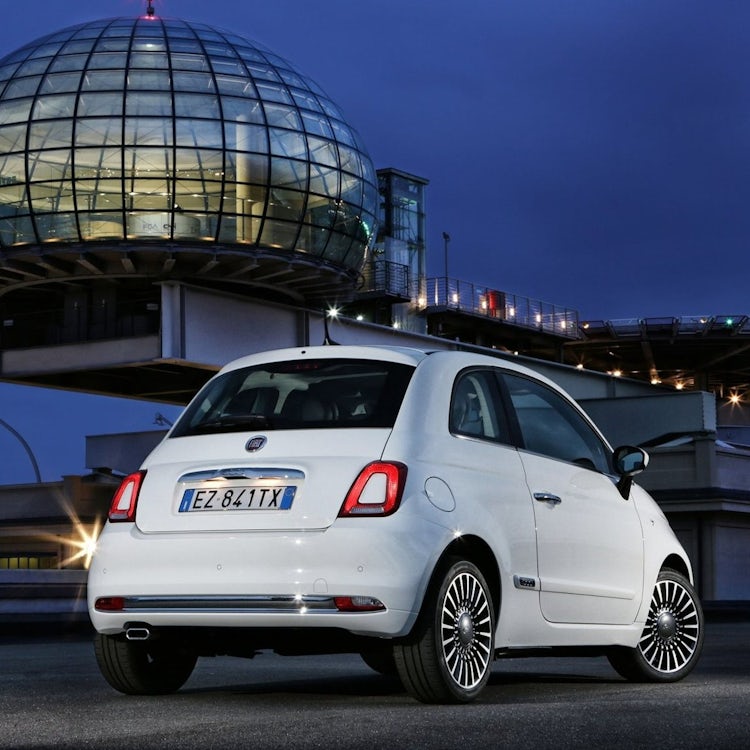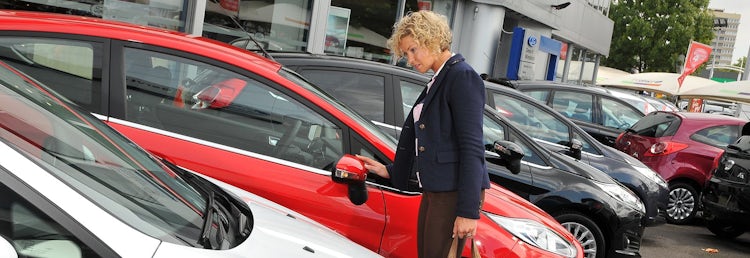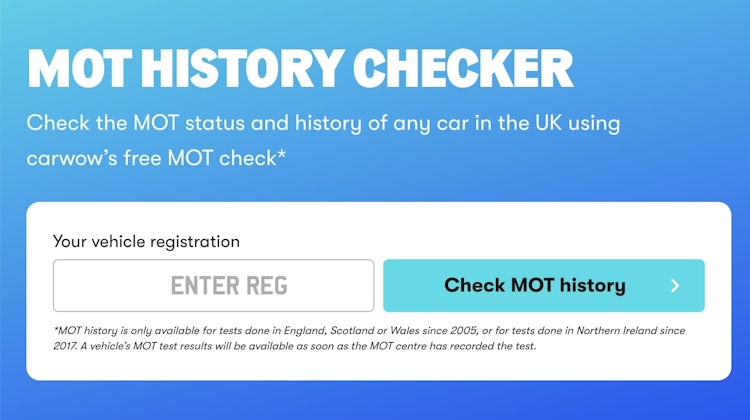Best used cars for first-time drivers
High quality used cars for new drivers from rated and reviewed dealers

Best used cars for new drivers of 2026
Getting your driving licence can be a very liberating experience, but before you can enjoy its benefits, you'll clearly need a car to go along with it. While many new cars are out of reach for first-time drivers, there are plenty great used options out there to pick from. We have selected 10 of the best here, from funky little city cars to sporty looking hatchbacks that will give you some street cred without breaking the bank to buy or run.
1. Volkswagen Up
Volkswagen Up review
The VW Up manages to feel like a much larger car than it is thanks to a spacious interior (up front) and superb build quality. The 1.0-litre engine is perfect for first-time drivers, and will save you plenty in insurance premiums and road tax each year. Then when you’re ready, you can move err, up to the sporty Up! GTI.
2. Ford Fiesta
Ford Fiesta review
The Ford Fiesta has long been the sporty choice amongst entry-level hatchbacks. In its current guise the interior is much improved, and it remains great to drive. The base 75bhp 1.0-litre is a bit tepid though, so we’d opt for the perkier 100bhp EcoBoost models. Both versions are around £9,500 for a 2018 model, although it’s also worth checking the additional cost on your insurance premium.
3. MINI Hatch
MINI 3-Door Hatch review
MINIs are aspirational, upmarket vehicles. They aren’t the most practical or spacious, but few alternatives are as fun to drive or look as cool. Used models still offer these plus points, but at a far more palatable price tag. The 136bhp base engine offers a great mix of economy and performance with reasonable insurance premiums.
4. SEAT Ibiza
SEAT Ibiza review
The SEAT Ibiza is based on the VW Polo, and is similarly comfortable to drive but with funkier styling. Used values also tend to be lower, with plenty of 2019 models dipping under the £10,000 mark. Stick to the base engine for the best road tax and insurance premiums, but look out for higher spec SE Technology and FR trims.
5. Vauxhall Corsa
Vauxhall Corsa (2019-2023) review
It may not be the coolest looking car on the block, but you can’t go wrong with a Vauxhall Corsa. It meets all the sensible reliability/value/running cost requirements, but is now also more fun to drive than before. You can find low-mileage 2020 entry-level SE models for under £12,000.
6. Renault Clio
Renault Clio review
The Clio has always been a stylish compact hatchback with decent spec levels. In its latest guise it offers a high quality interior and plenty of safety kit. The boot is also bigger than most alternatives, and the base 90bhp petrol engine is frugal and nippy. Three-year-old models can be found from £12,000.
7. Kia Picanto
Kia Picanto review
Reliability, affordability and low running costs. The three traits most first time buyers value most in a car. Judged purely on that criteria, the Kia Picanto is a superb choice. It can be yours from just £8,000 for a base 1.0-litre 2018 model, and its impressive seven-year warranty is transferable.
8. Dacia Duster
Dacia Duster (2019 - 2024) review
It may seem like an odd choice, but the Dacia Duster is a rugged and dependable vehicle that can handle rutted roads with ease. It’s affordable when new and a veritable bargain used. A little over £11,000 will get you a low-mileage example with plenty of standard kit.
9. Fiat 500
Fiat 500 review
The Fiat 500 has been around for ages, yet its cutesy retro looks still turn heads. Prices are around £6,000 - £7,000 for an older 2015/2016 model. You don’t get tons of kit, but the base 1.2-litre engine is willing, and your road tax and insurance premiums should be affordable, too.
10. Smart ForTwo
Smart ForTwo Coupe review
If you spend the majority of your time within city limits, the Smart ForTwo is an ideal companion. It’s easy to thread through traffic and to park, and has very low running costs. You can find older cars for as little as £6,000, while £9,000-£10,000 will get you a higher spec 2018-on model.
Advertisement
Browse all cars we recommend for first-time drivers
Sell your car for what it's really worth
The free, easy way to get 5,500+ dealers all over the UK bidding on your car
Learn how to
sell your car
with Carwow
Advice for new drivers
Best used first cars FAQs
Popular used car models
- Used Audi A1 Sportback
- Used Citroen C5 Aircross
- Used Fiat 500
- Used Ford Fiesta
- Used Hyundai i10
- Used Hyundai Ioniq 5
- Used Jaguar E-PACE
- Used Jaguar F-PACE
- Used Jaguar I-PACE
- Used Kia Ceed
- Used Kia Niro
- Used Kia Picanto
- Used Kia XCeed
- Used Land Rover Defender 110
- Used Mazda CX-5
- Used Mercedes-Benz A-Class
- Used Mercedes-Benz CLA
- Used Mercedes-Benz GLA
- Used MG MG4 EV
- Used MG ZS
- Used Peugeot 208
- Used Peugeot 3008
- Used Polestar 2
- Used Renault Clio
- Used SEAT Ateca
- Used SEAT Ibiza
- Used SEAT Leon
- Used Skoda Kodiaq
- Used Toyota Aygo X
- Used Toyota Yaris Cross
- Used Vauxhall Corsa
- Used Vauxhall Grandland X
- Used Vauxhall Mokka
- Used Volkswagen T-Cross
- Used Volkswagen Tiguan











